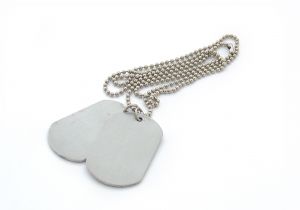
May 20, 2011
FHA Loans and Non-Taxabl?e Income
FHA applicants come from a wide range of backgrounds, and no two house hunters have exactly the same circumstances. Some borrowers bring a large down payment to the transaction, while others may need down payment assistance (as permitted by FHA guidelines) and help finding just the right type of FHA mortgage. When it comes to verifiable income, it’s the same–borrowers come to the FHA loan application process with a diverse range of income sources. A common question about FHA loans and effective income sources has to do with the nature of that income. Can a potential FHA borrower list money from public assistance, foster care, disability payments or other types of non-taxable income? Will an FHA-approved lender be able to use this income in calculating the borrower’s debt-to-income ratio? As | more...








